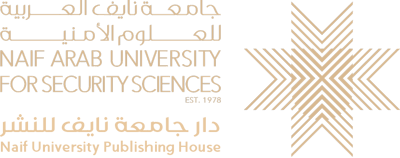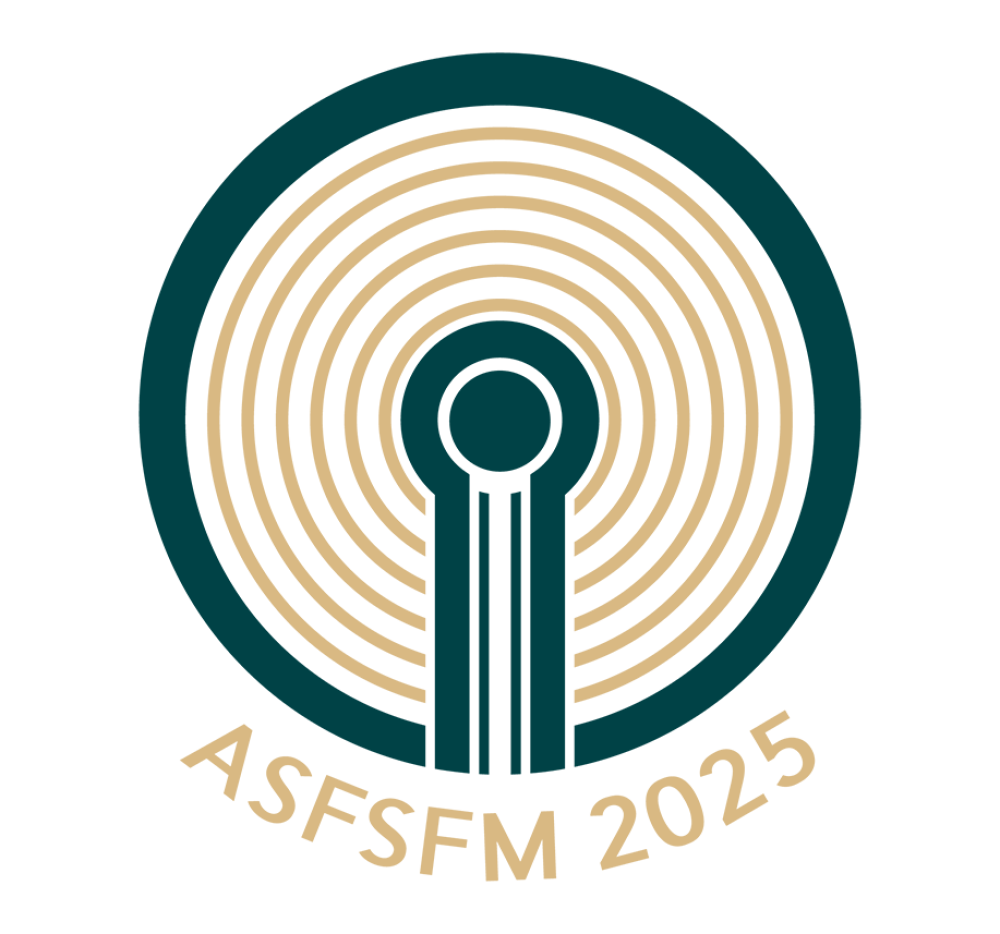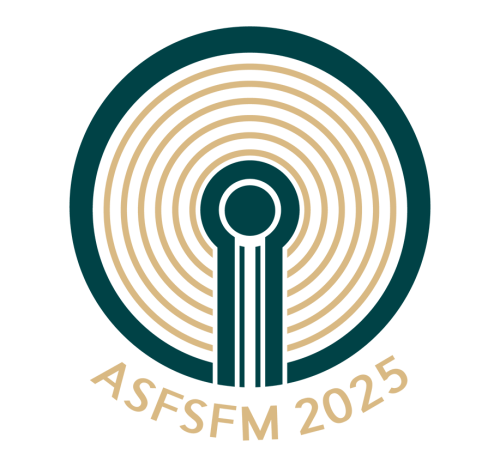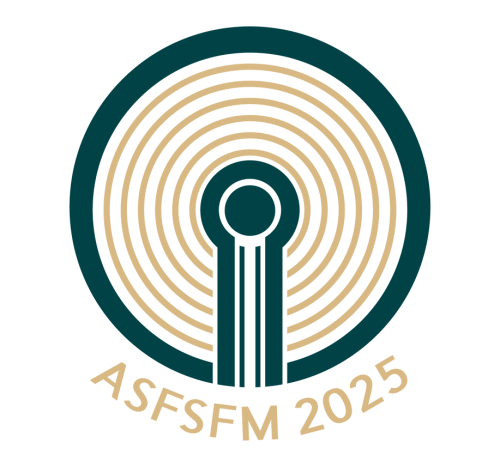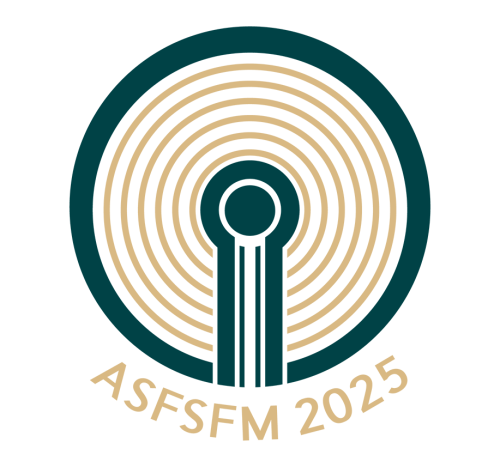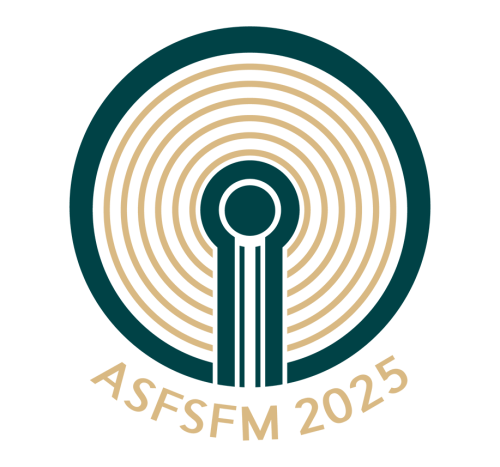Presenters/Facilitators: Mr. Akbar Ali M. Phil
Date: 4th Dec 2025 | Time: 2:30 - 4:30 PM
Cost: 200
CME Credit: 2 Hours
Target Audience: Latent finger printing experts; criminalists, forensic scientists; students attending forensic programs science
Prerequisites: Awareness of latent fingerprinting
Maximum Participants: 25
Description: In this workshop, the latest Quality Assurance (QA) and Quality Control (QC) practices in fingerprint laboratories will be presented. We will focus on methods to ensure the accuracy, reliability, and consistency of fingerprint analysis. This includes proficiency testing in standardized protocols, regular audits, and the implementation of admin and technical reviews to maintain high standards and minimize errors in forensic work. Highlight the role of laboratory accreditation such as ISO/IEC 17025 in maintaining a high level of proficiency. This ensures labs meet international standards and demonstrate their competence in fingerprint analysis, leading to greater reliability in the criminal justice system.
The workshop will address the importance of validating and verifying methodologies, equipment, and personnel competency in fingerprint analysis. Rigorous testing ensures that any new tools or techniques used in the lab are accurate and reliable before they are integrated into routine case work. Additionally, competency testing for laboratory personnel is crucial to ensure that analysts maintain the necessary skills and proficiency to handle complex fingerprint processing and comparison tasks.
The workshop will consider the use of known control samples and how that allows the lab to assess the performance of fingerprint analysis methods and equipment as part of Quality Control (QC) procedures. These samples help to verify the effectiveness of techniques, ensuring the system functions correctly before processing actual evidence. This QC process is essential for validating the reliability and accuracy of results in real casework.
It will also emphasize the need for ongoing training, professional development, and updates to standards like OSAC in response to advancements in forensic science. Continuous improvement initiatives in fingerprint labs ensure that forensic professionals stay current with new technologies and methodologies to maintain high standards of practice.
